How does the male ball valve design enable smooth and effortless on/off operation?
The male ball valve design is a key characteristic...
MORE >>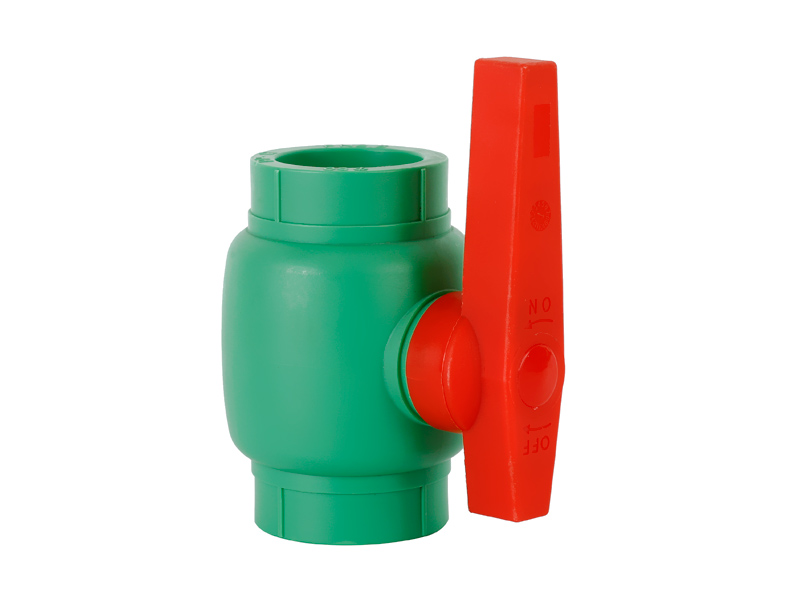
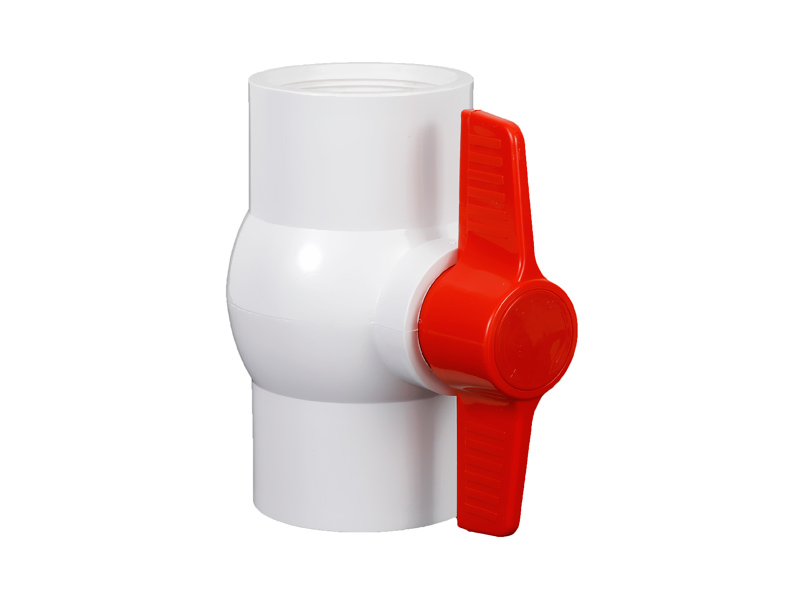
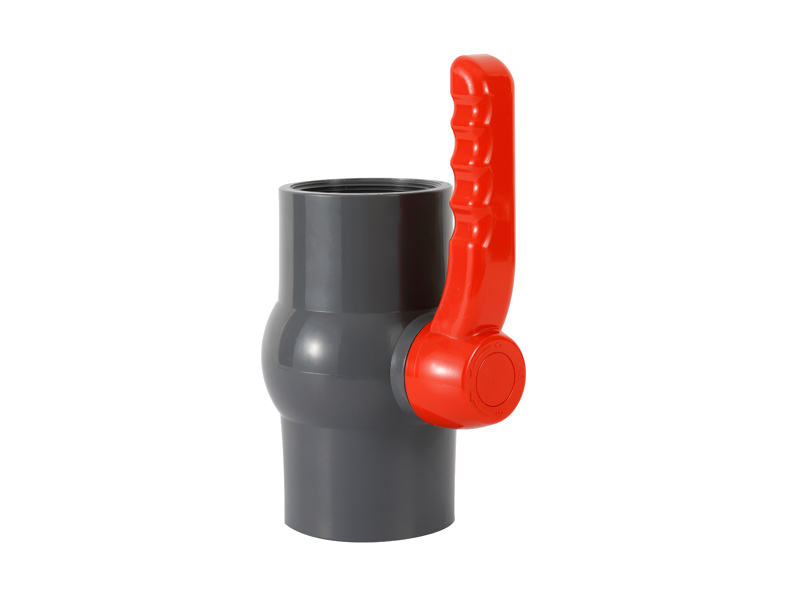
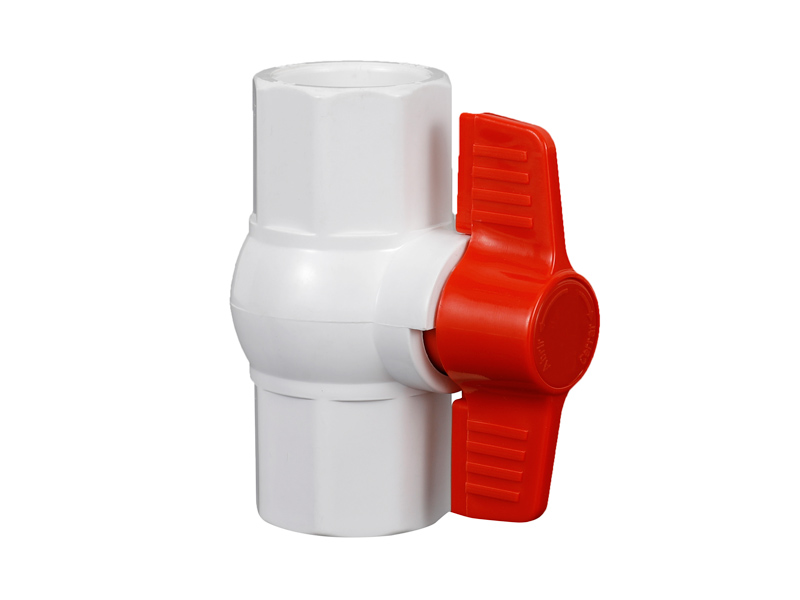
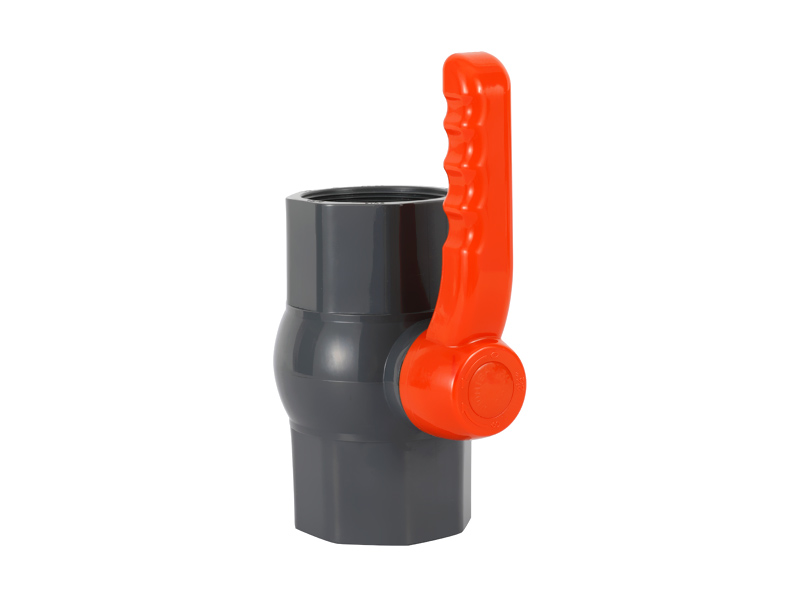
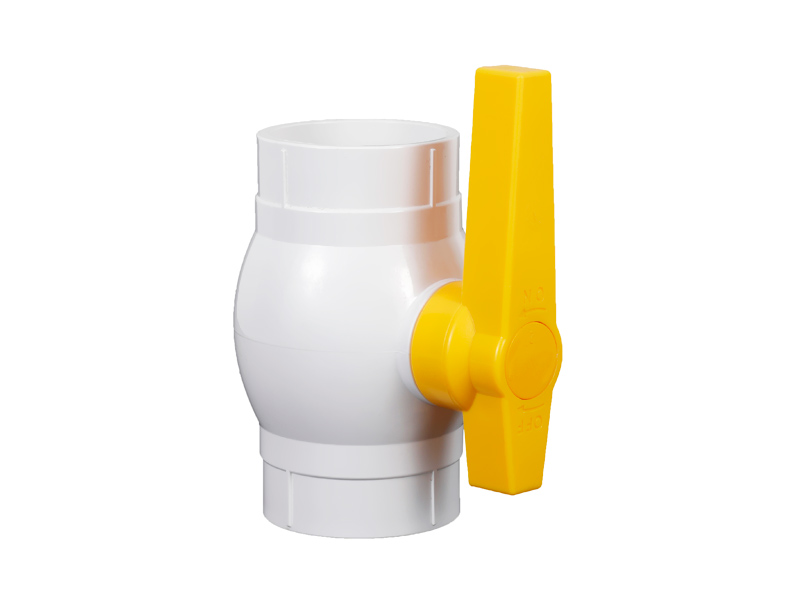
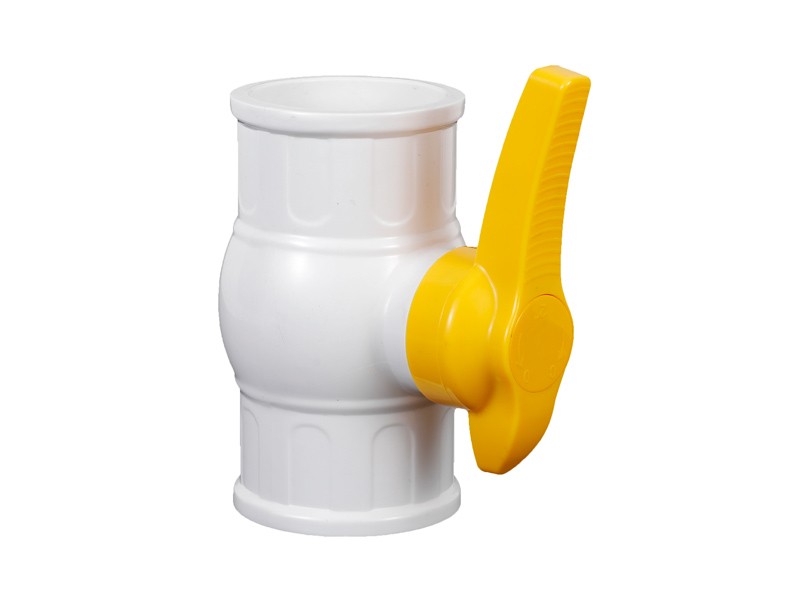
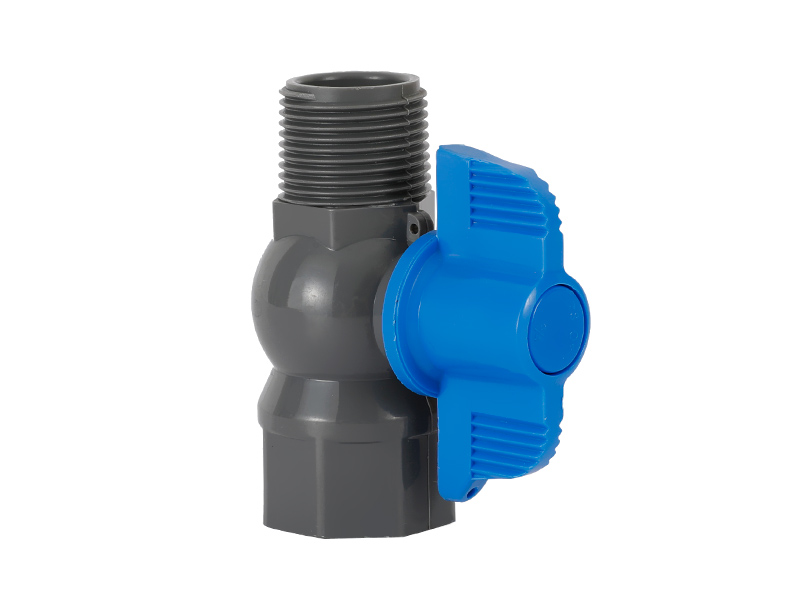
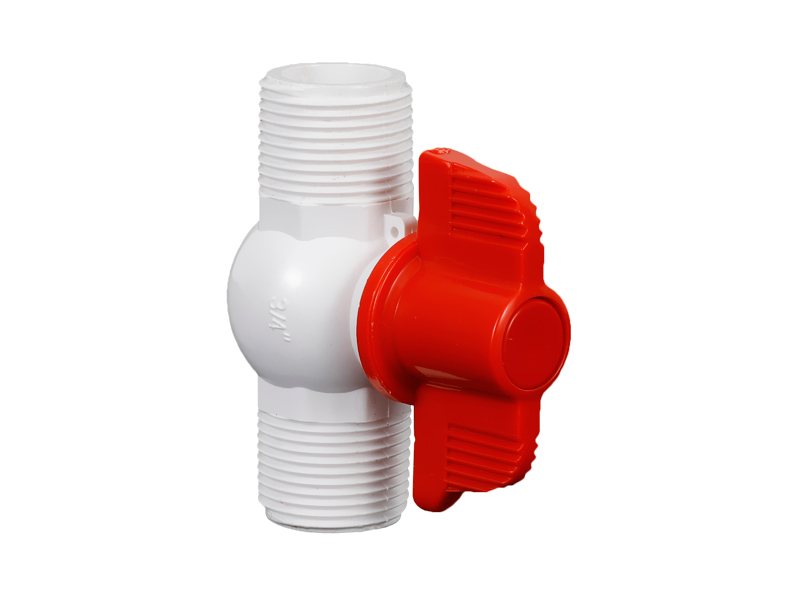

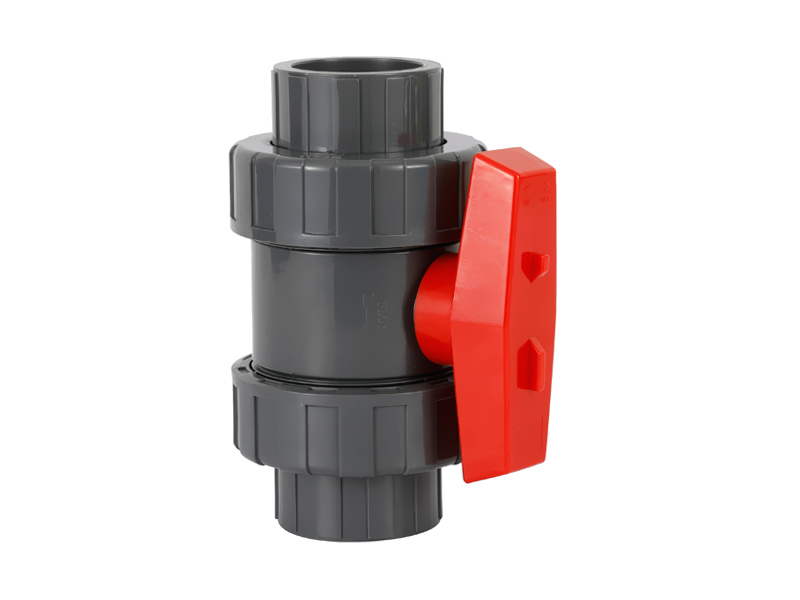

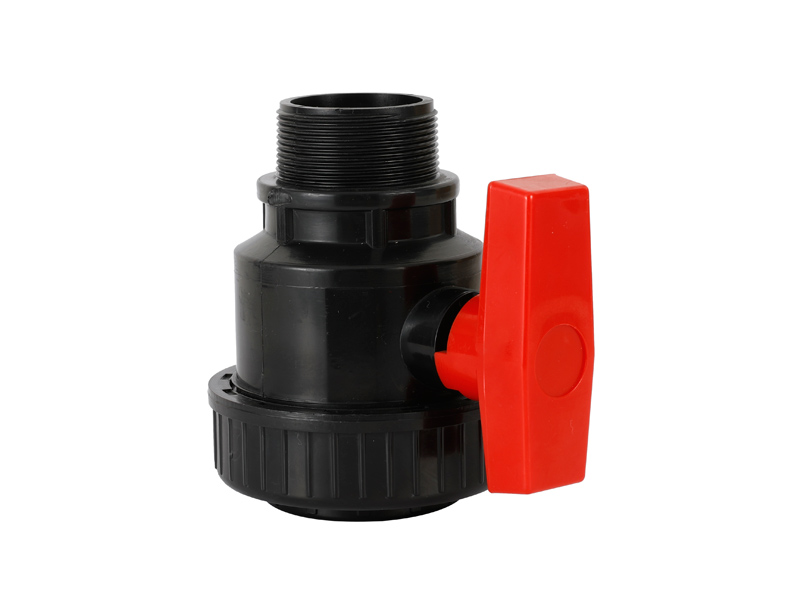
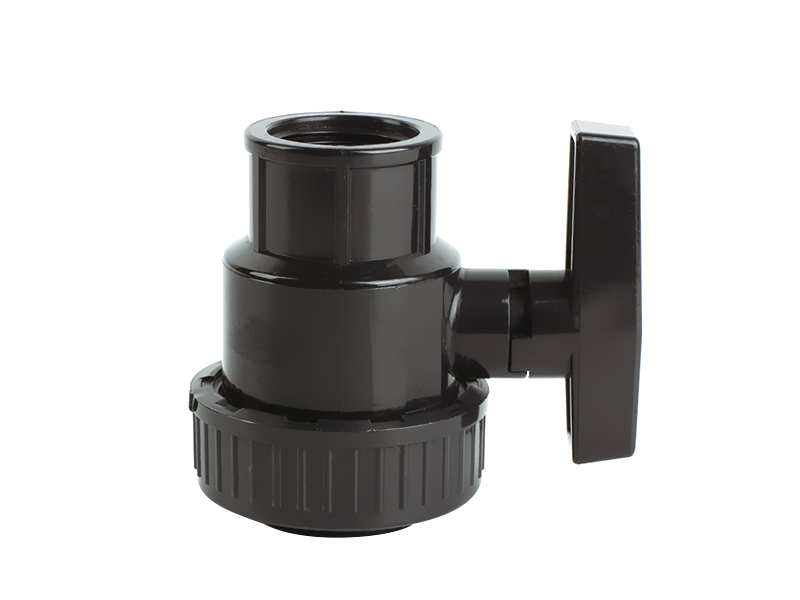
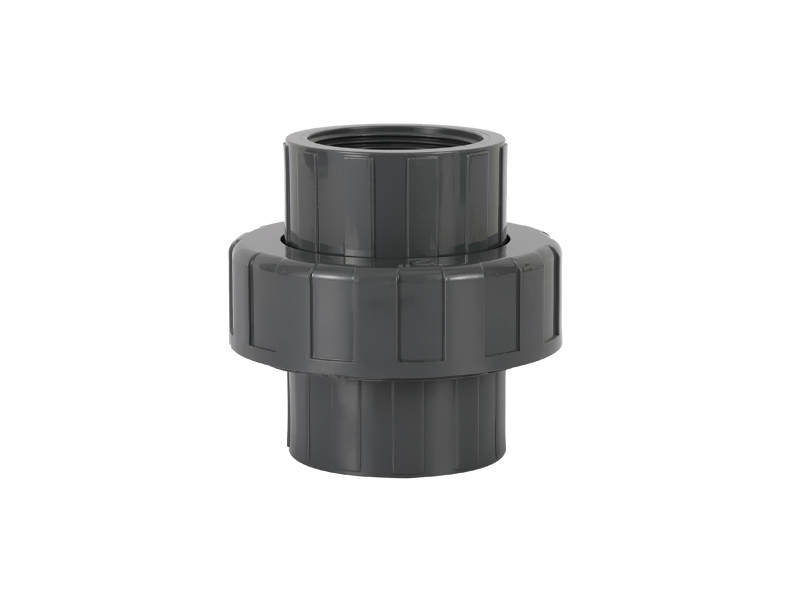
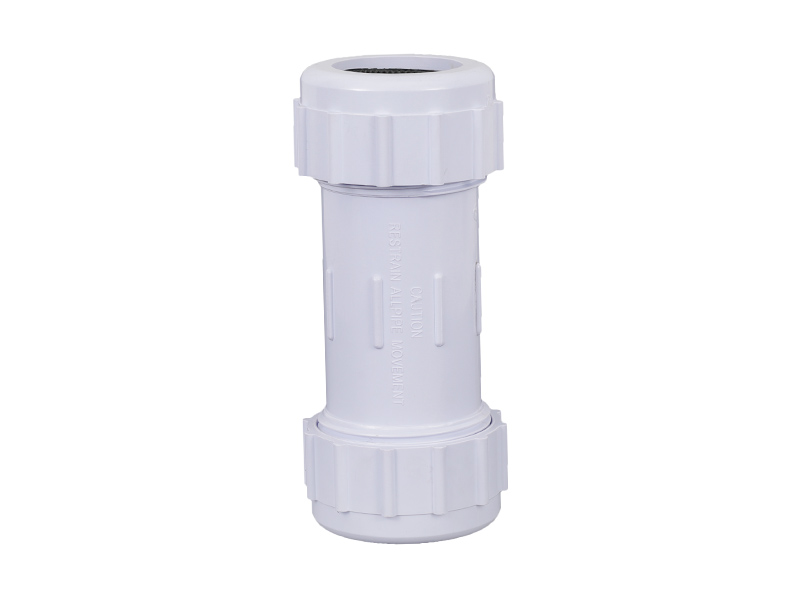
The chemical resistance of a yellow handle plastic UPVC […]
The chemical resistance of a yellow handle plastic UPVC (Unplasticized Polyvinyl Chloride) irrigation water thicker end ball valve will primarily depend on the UPVC material used in its construction. UPVC is known for its excellent chemical resistance, which is one of the reasons it is widely used in various industries, including irrigation. However, the specific chemical resistance of the valve can vary depending on factors such as the type of UPVC used and the presence of additives or reinforcements.
Generally, UPVC is highly resistant to a wide range of chemicals, including:
Inorganic Acids: UPVC is resistant to most inorganic acids, such as hydrochloric acid and sulfuric acid, at moderate concentrations and temperatures.
Alkalis: It is resistant to a variety of alkalis, including sodium hydroxide (caustic soda) and potassium hydroxide.
Salts: UPVC can withstand exposure to many salts and brines.
Water: It is highly resistant to water and is commonly used in water supply systems.
Oxidizing Agents: UPVC generally resists oxidizing agents such as chlorine.
Non-Polar Solvents: It is resistant to non-polar solvents like aliphatic hydrocarbons.
However, it's important to note that while UPVC has excellent resistance to many chemicals, its resistance can vary depending on factors like temperature, concentration, and the presence of abrasive or corrosive substances. Additionally, some chemicals and conditions may lead to stress cracking in UPVC over time.
To determine the specific chemical resistance of a yellow handle plastic UPVC irrigation water thicker end ball valve for your intended application, it's advisable to consult the manufacturer's documentation or specifications for the valve. The manufacturer may provide information about the valve's compatibility with specific chemicals and operating conditions. In cases where the chemical environment is particularly aggressive, it may be necessary to consider alternative materials or coatings to ensure long-term performance and reliability.
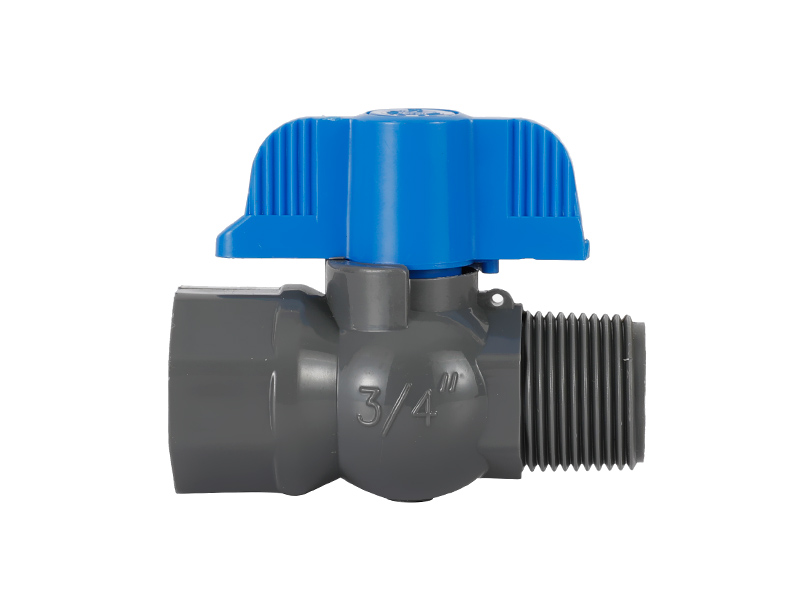
The male ball valve design is a key characteristic...
MORE >>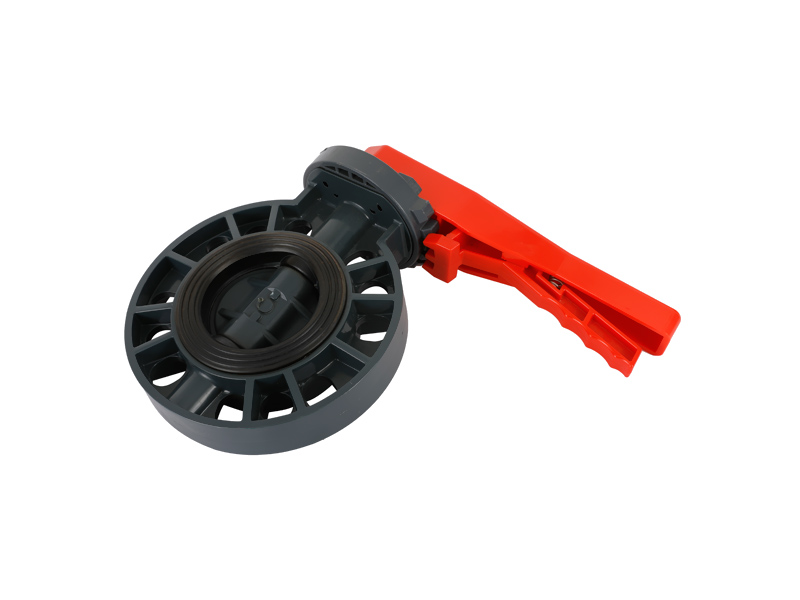
In today's modern world, efficient and reliable wa...
MORE >>
Copyright ©All rights reserved:Zhejiang Xier Plastic Valve Lead Co.,LTD. PVC Ball Valves Manufacturers Technical support: HWAQ  浙公网安备 33060402001174号
浙公网安备 33060402001174号

 English
English España
España عربي
عربي